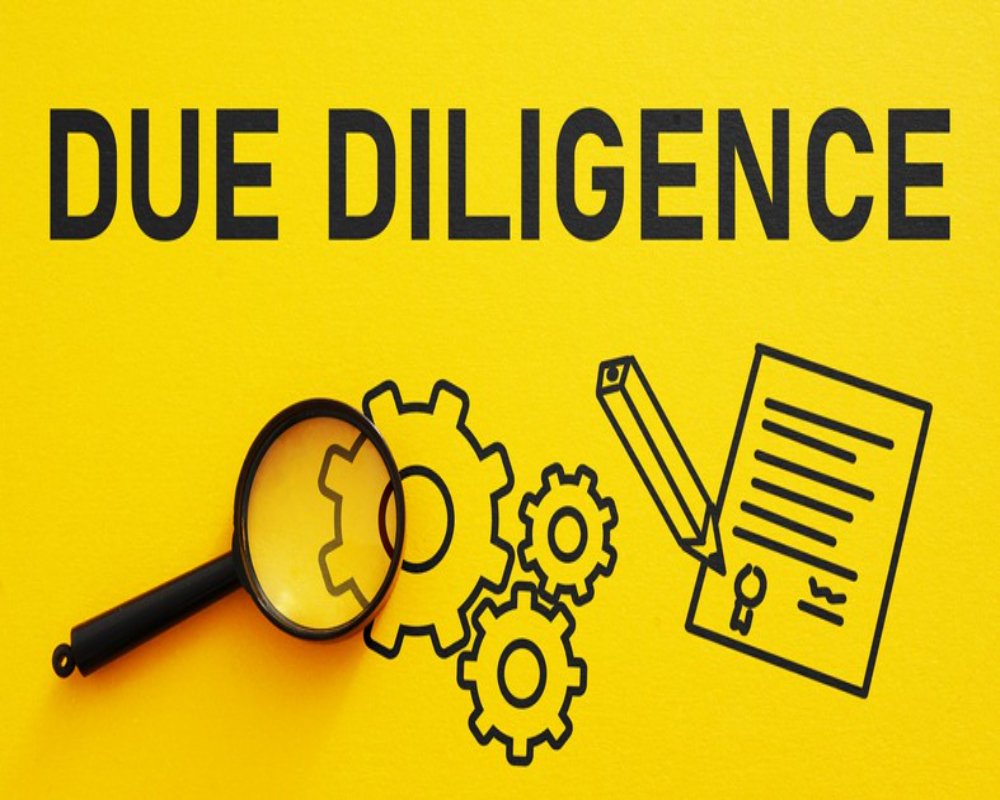Introduction
Due diligence is a critical process that enables investors to make informed decisions before committing capital to a business or project. It involves a comprehensive evaluation of financial, legal, operational, and strategic aspects of the investment target. For industrial ventures, where projects often involve significant capital, long-term commitments, and complex structures, due diligence serves as a safeguard against potential risks and ensures alignment with investment objectives. A structured due diligence process enhances transparency, builds investor confidence, and contributes to the long-term viability of the investment.
Financial Due Diligence
Financial due diligence focuses on verifying the accuracy and reliability of the target company’s financial information. Investors review audited financial statements, income statements, balance sheets, cash flow reports, and financial projections. This step assesses profitability, liquidity, debt levels, and working capital requirements. It also includes an examination of revenue sources, cost structures, and historical financial performance. The goal is to confirm that the financial data supports the valuation and reveals no hidden liabilities or inconsistencies.
Legal and Regulatory Due Diligence
Legal due diligence examines the company’s compliance with applicable laws, regulations, and contractual obligations. This includes verifying ownership and title of assets, checking for ongoing or potential litigation, reviewing contracts, intellectual property rights, labor laws compliance, and regulatory licenses. In industrial ventures, compliance with environmental, zoning, and safety regulations is also evaluated. Legal due diligence protects investors from future legal disputes and ensures that the investment is structurally sound and lawfully operated.
Operational Due Diligence
Operational due diligence investigates the efficiency, scalability, and sustainability of the company’s operations. Investors assess production capacity, supply chain systems, technology use, plant efficiency, quality control, and workforce capabilities. This step helps identify operational risks, cost inefficiencies, or technical constraints that could affect project performance. In capital-intensive industries, the condition and maintenance history of machinery and infrastructure are also reviewed to estimate future capital expenditure needs.
Market and Industry Due Diligence
This step involves evaluating the target company’s position within its industry and market. Investors analyze market trends, customer segments, competitive landscape, pricing strategies, and barriers to entry. Market due diligence helps validate revenue assumptions and growth potential. It also provides insight into external risks, such as demand volatility or policy changes, that may influence the success of the investment.
Management and Governance Due Diligence
Investors assess the experience, credibility, and strategic vision of the management team. This includes evaluating leadership capabilities, decision-making processes, organizational structure, and corporate governance practices. Strong and ethical management is essential for delivering on business plans and ensuring long-term success. Due diligence in this area also checks for conflicts of interest, key person dependencies, and succession planning.
Environmental and Social Due Diligence
In modern investment practices, environmental and social due diligence is gaining importance. Investors examine the company’s environmental impact, resource usage, emissions control, and waste management systems. Social considerations include labor practices, community relations, and compliance with human rights standards. This step ensures the investment aligns with environmental sustainability and social responsibility goals, mitigating reputational and regulatory risks.
Risk Assessment and Mitigation Planning
The final step of due diligence involves compiling findings into a comprehensive risk assessment. Each area of review is analyzed for potential red flags, and a mitigation strategy is developed for identified risks. Investors determine whether the risks are manageable or if further negotiation, restructuring, or withdrawal is necessary. This step supports final investment decisions and guides the structuring of terms and conditions in the investment agreement.
Conclusion
Due diligence is an essential process that provides investors with a clear and holistic understanding of a target business or project. By systematically examining financial, legal, operational, market, and environmental dimensions, investors can identify risks, validate assumptions, and make sound investment decisions. A thorough due diligence process ensures that investments are not only financially viable but also aligned with strategic goals and responsible business practices. It is a critical step in safeguarding capital, enhancing transparency, and fostering successful and sustainable investment outcomes.
Hashtags
#DueDiligence #InvestorTips #InvestmentStrategy #FinancialLiteracy #RiskManagement #InvestmentResearch #SmartInvesting #InvestorEducation #FinancialPlanning #WealthBuilding #InvestmentAdvice #MarketAnalysis #InvestmentOpportunities #DueDiligenceChecklist #FinancialDueDiligence #InvestmentSuccess #InformedInvesting #PortfolioManagement #InvestmentRisk #InvestorAwareness


